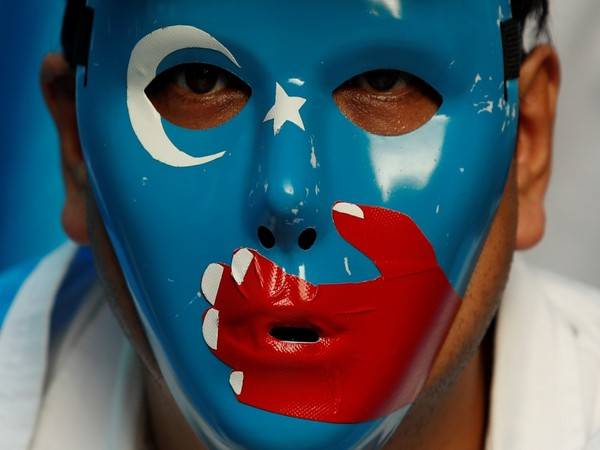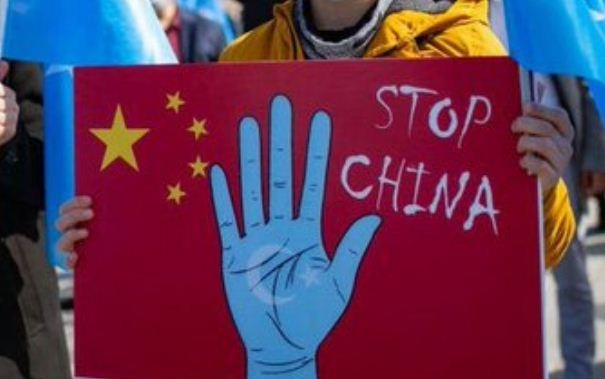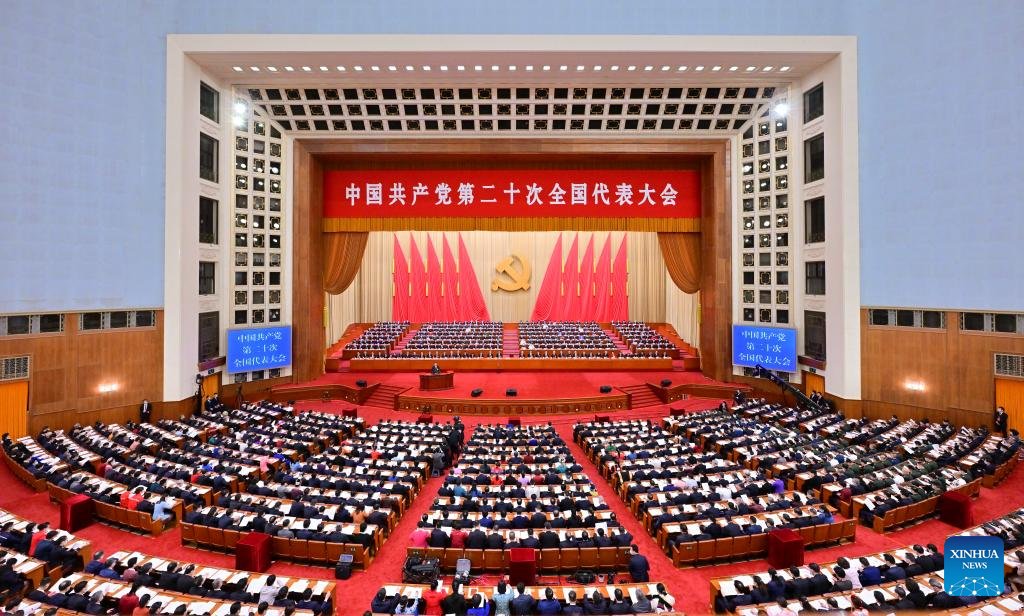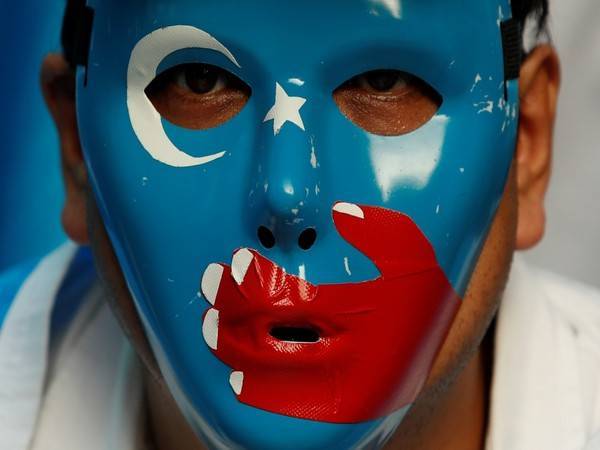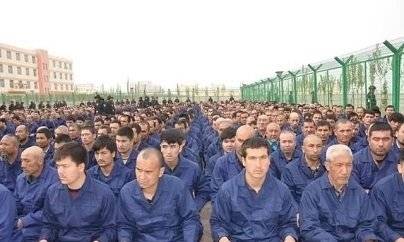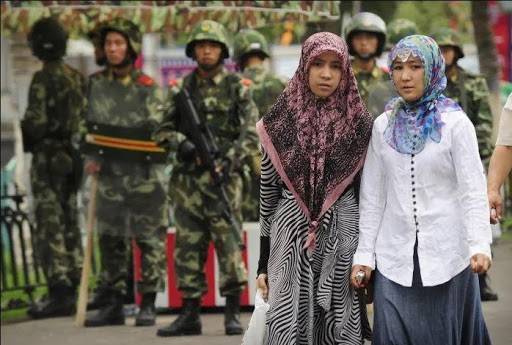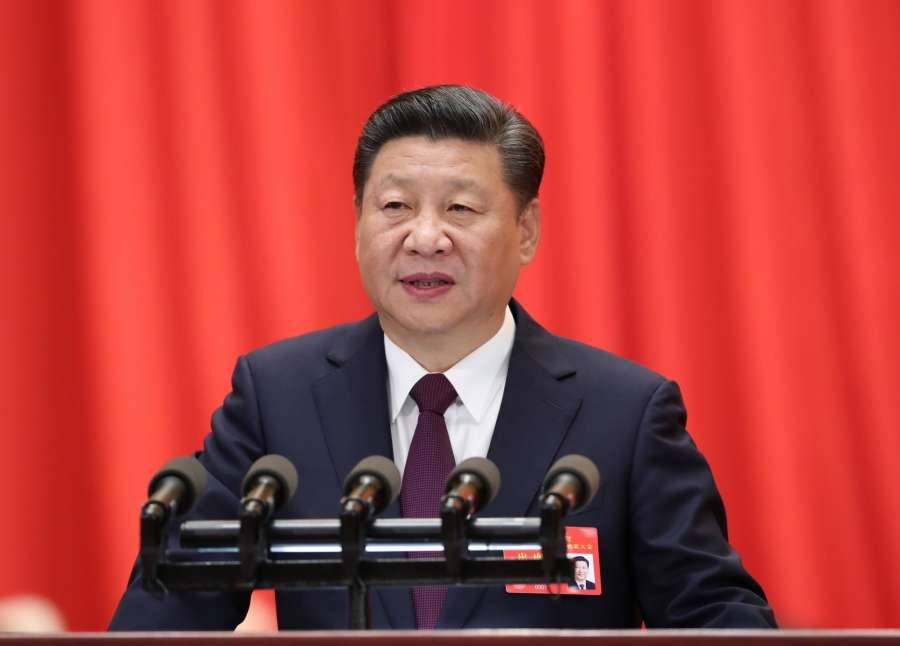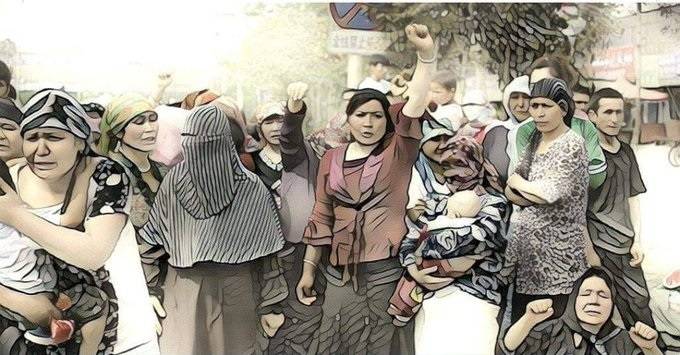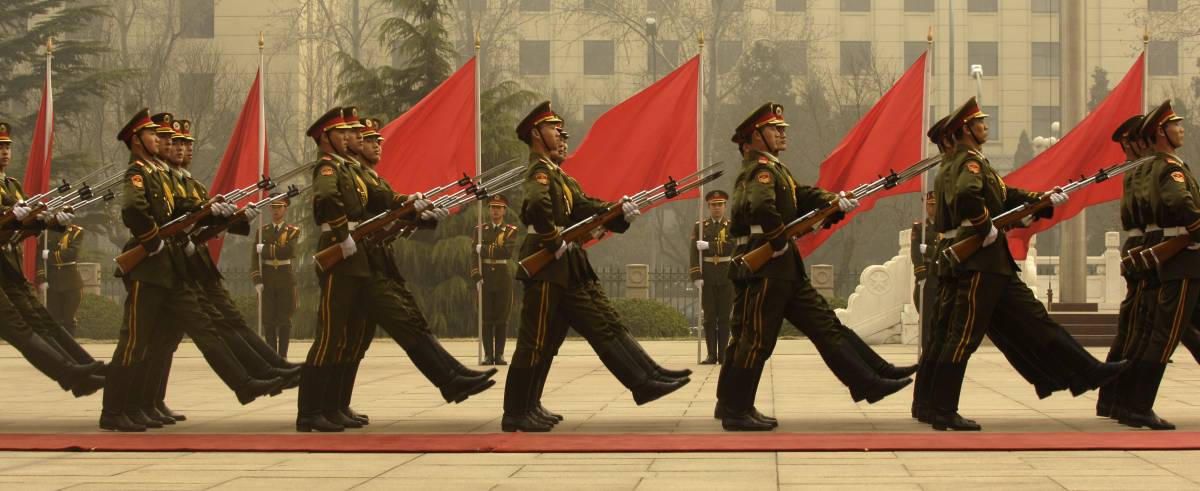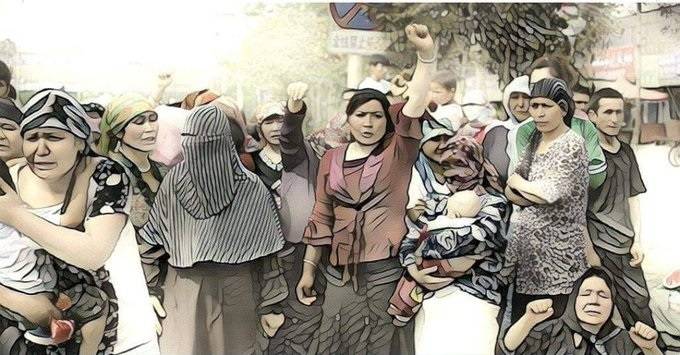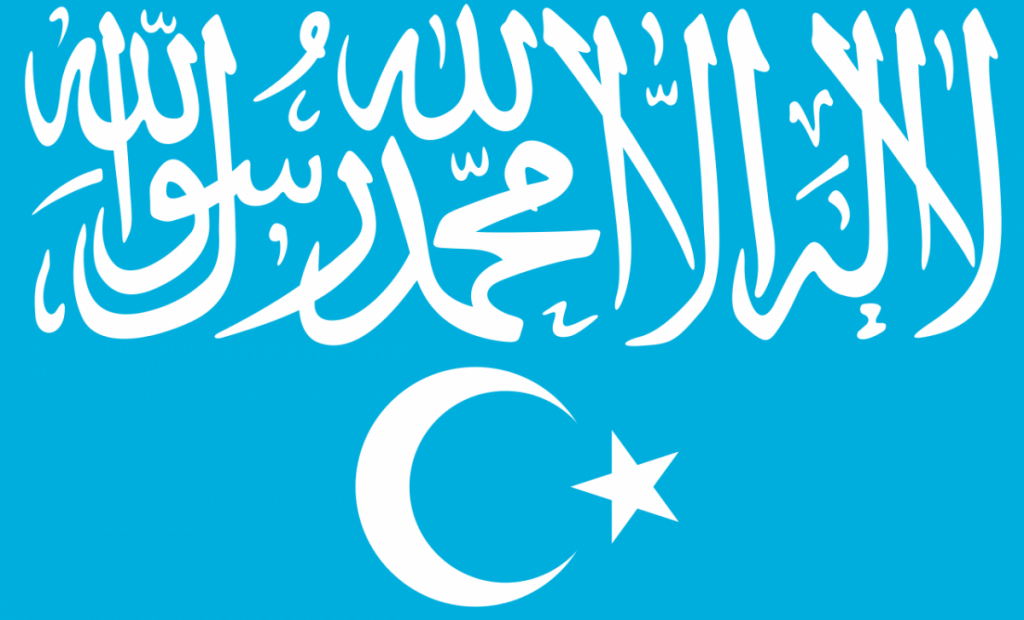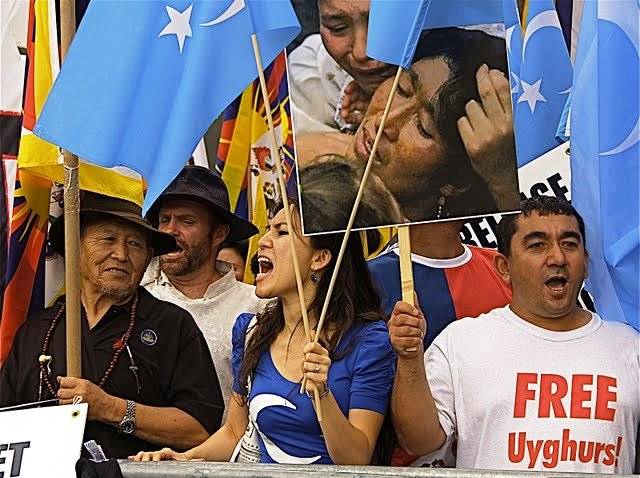The UN experts were also informed of the exponential increase in the number of boarding schools for other Muslim and minority children in Xinjiang in recent years…reports Asian Lite News
The United Nations expressed concern over the allegations of a significant expansion of Xinjiang’s State-run boarding school system in China which fails to provide education in the children’s mother tongue and forcibly separates Uyghur and other minority Muslim children from their families and communities, leading to their forced assimilation, said an official press release from United Nations Human Rights.
“We are deeply concerned that boarding schools in Xinjiang are teaching almost exclusively in the official language with little or no use of Uyghur as medium of instruction and that the separation of mainly Uyghur and other minority children from their families could lead to their forced assimilation into the majority Mandarin language and the adoption of Han cultural practices,” the UN experts said, stressing the discriminatory nature of the policy and the violation of minorities’ right to education without discrimination, family life and cultural rights.
The release added that the experts received information about the large-scale removal of children, mainly Uyghur, from their families, including very young children whose parents are in exile or “interned”/detained. These children are treated as “orphans” by State authorities and placed in full-time boarding schools, pre-schools, or orphanages where the language used is almost exclusively Mandarin (Putonghua).
“Uyghur and other minority children in highly regulated and controlled boarding institutions may have little interaction with their parents, extended family or communities for much of their youth,” the experts said.
“This will inevitably lead to a loss of connection with their families and communities and undermine their ties to their cultural, religious and linguistic identities,” they said.
The release from the UN said that the Uyghur children placed in these boarding schools reportedly have little or no access to education in the Uyghur language and are under increasing pressure to speak and learn only Mandarin (Putonghua), as opposed to education aimed at achieving bilingualism in both Uyghur and Mandarin. Teachers can also be sanctioned for using the Uyghur language outside of specific language classes.
The UN experts were also informed of the exponential increase in the number of boarding schools for other Muslim and minority children in Xinjiang in recent years, and the closure of local schools where education through the medium of Uyghur and other minority languages could be provided. “The massive scale of the allegations raises extremely serious concerns of violations of basic human rights,” they said.
According to the release the United Nations experts have been in contact with the Chinese Government regarding these issues. (ANI)

